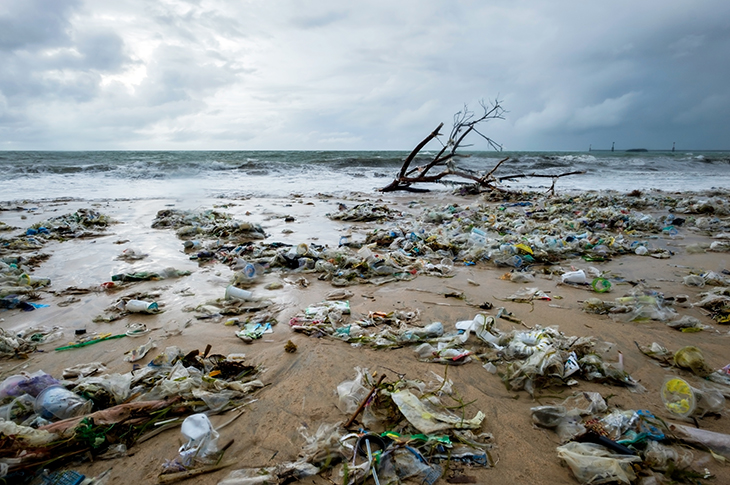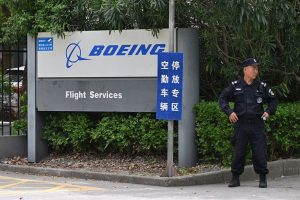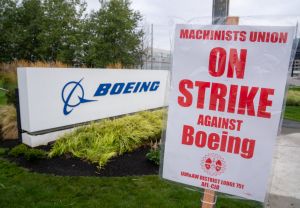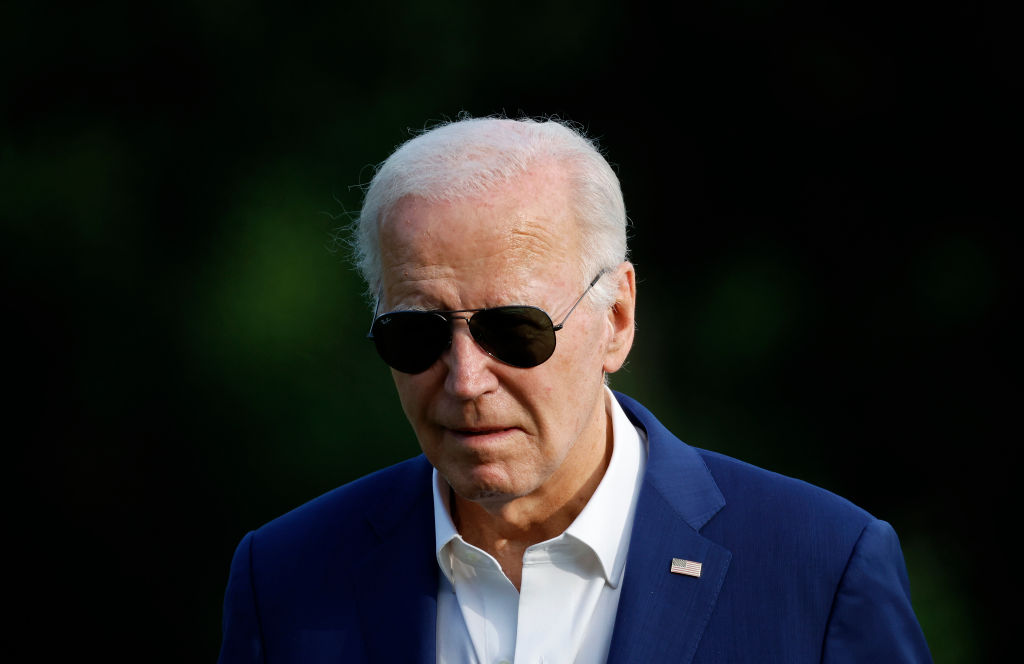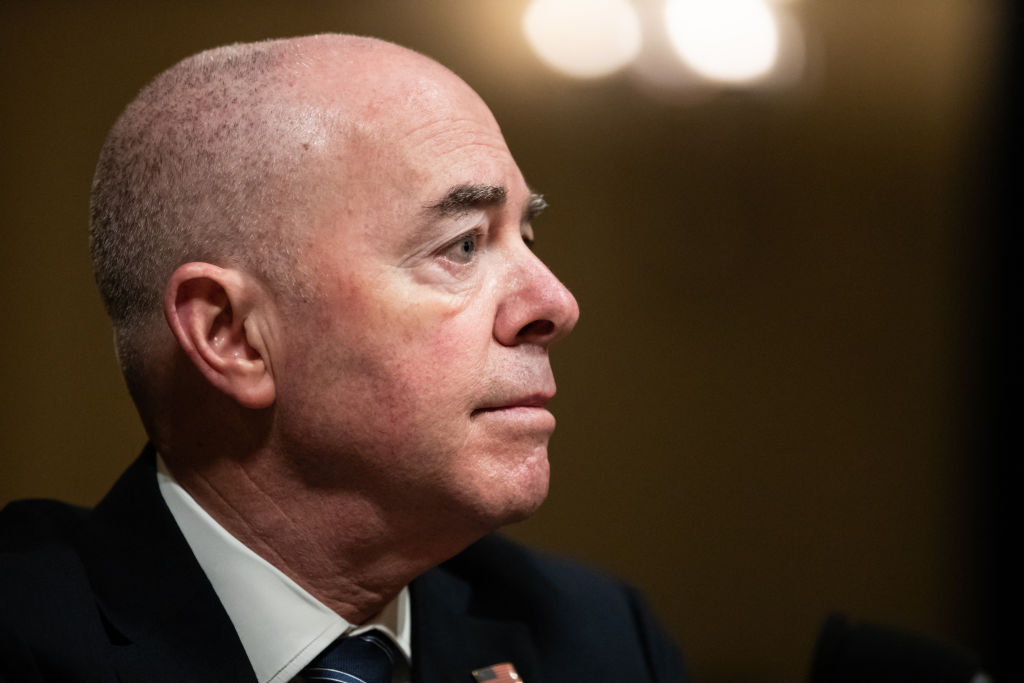So farewell Bernie Ebbers, former chief executive of WorldCom, the long-distance phone operator that became America’s biggest-ever bankruptcy case in 2002. Ebbers has died aged 78, having been released on health grounds in December from a 25-year jail sentence for his part in an accounting fraud that concealed the perilous state of WorldCom’s finances, misleading investors after a series of high-risk acquisitions by the bejeweled ‘telecom cowboy’ Ebbers during the dotcom boom.
By repute, US justice aims to make examples of high-profile corporate miscreants, starting with the humiliating ‘perp walk’ into court and concluding with harsh sentences and scant hope of parole. But in actuality Ebbers was one of a surprisingly short list of top executives convicted for all the financial shenanigans of the pre-2008 era and may be the last to leave prison. Enron chief Jeff Skilling cut a deal which got him out last year (his chairman Ken Lay, convicted in the same trial, died before sentencing). Dennis Kozlowski of the security systems company Tyco — convicted of receiving $81 million in unauthorized bonuses and famed for spending $1 million of company cash on a ‘Roman orgy’ birthday party for his wife — is back in the mergers and acquisitions business.
Another irony of the US system is that bent big-company bosses, who might once have been role models for their industries, seem to get off lighter than large-scale fraudsters who fly solo. Spare a thought, if you feel inclined, for the two greatest modern exponents of the Ponzi scheme, the now elderly financiers Allen Stanford and Bernie Madoff, who are unlikely ever to be back in business since they’re respectively due for release in 2105 and 2139.
Airbus vs Boeing revisited
Speaking of miscreants, I praised Airbus last month for outpacing Boeing in 2019 aircraft sales, only to find this month that the pan-European manufacturer owes €3.6 billion in fines to US, UK and French regulators in respect of worldwide bribery offenses. Should I reverse my judgment, on the basis that Boeing has outpaced Airbus in ethical behavior? Not quite: at the heart of Boeing’s current crisis with its grounded 737 Max model is the allegation (supported by recently released internal documents) that some executives knew it had an aerodynamic design flaw but that, in the heat of competition with Airbus, regulators were kept in the dark, sales went ahead — and two planes crashed, killing 346 passengers and crew.
Both look like sinners in very different ways and it’s little consolation that both are deeper in the doghouse than Britain’s own aero-engine maker Rolls-Royce (fined £671 million in 2017 for bribery offenses) and BAE Systems (fined $450 million in 2010 to settle investigations into dealings in Saudi Arabia and Tanzania). It’s hard also to avoid the conclusion that this is an industry in which the urge to nail sales contracts overwhelmed the moral compass and only in the light of adverse publicity has anything serious been done about it.
‘We’re just going to get back down to restoring trust,’ says new-broom Boeing chief David Calhoun, while his Airbus opposite number Guillaume Faury waxes about his mission ‘to embed irreproachable behaviors in all our business undertakings sustainably’ — and Warren East of Rolls-Royce deploys the same hot-button word to emphasize his commitment to net zero carbon by 2050: ‘We absolutely must do as much as sustainably possible…’
That takes us into the debate about corporate behavior in relation to the ‘climate emergency’, which these days overshadows all else. But sustainably speaking, we might ask, is it worse to be an environmental polluter or a moral one? Put another way, if big aerospace invents an ultra-low-emission aircraft engine, would it be OK to bribe airlines to buy it instead of cheaper but toxic old technologies? Perhaps Greta Thunberg will email an answer. Meanwhile, all we can say conclusively is that this industry still has to prove it can clean up its act.
This article was originally published in The Spectator’s UK magazine. Subscribe to the US edition here.



